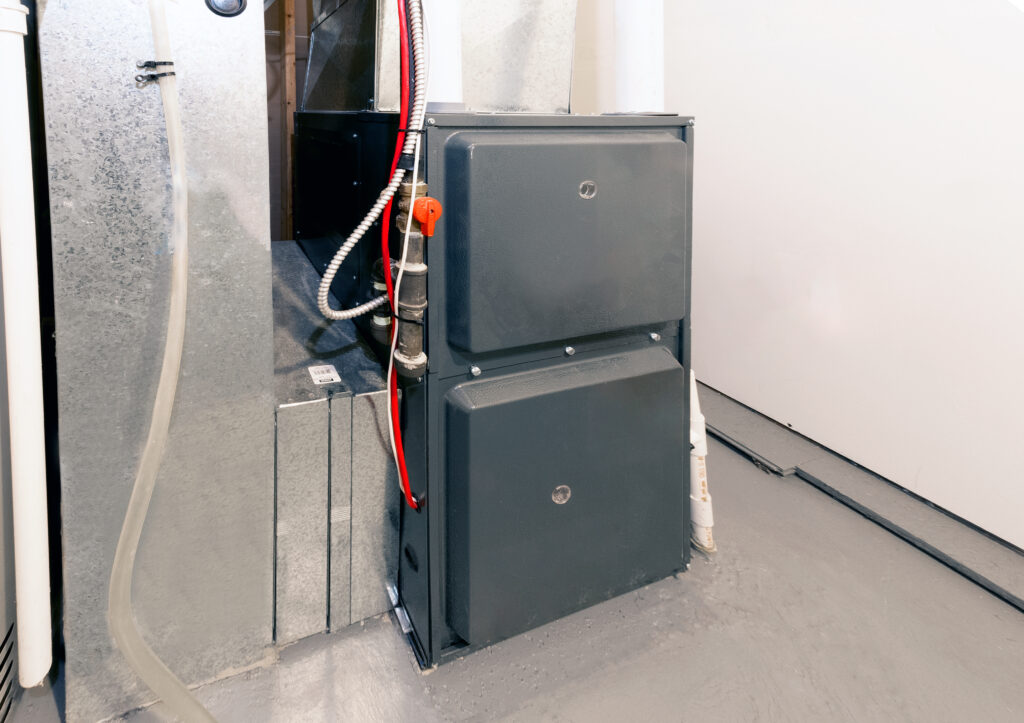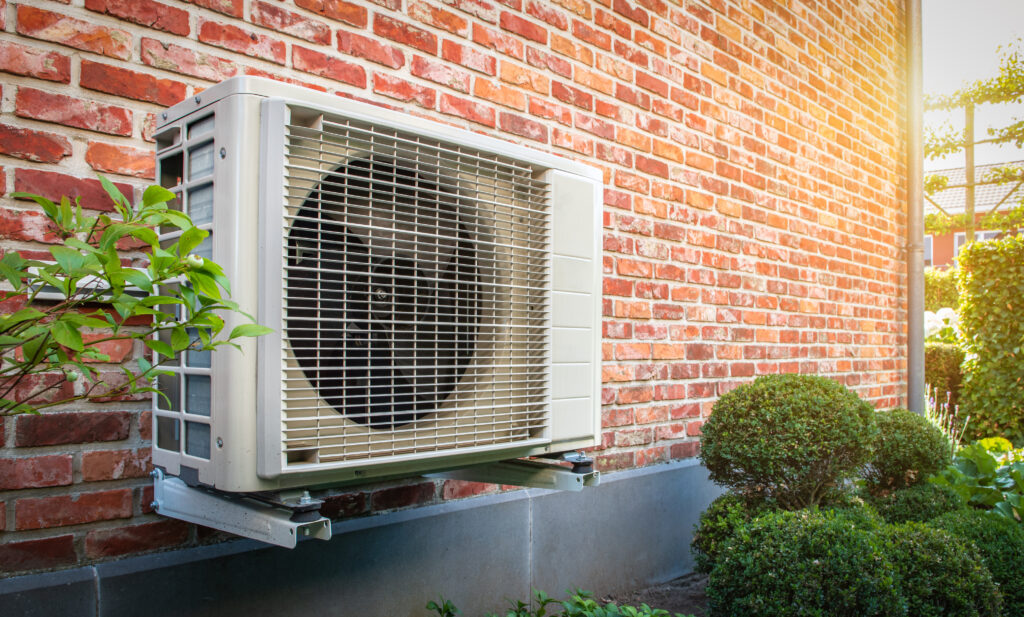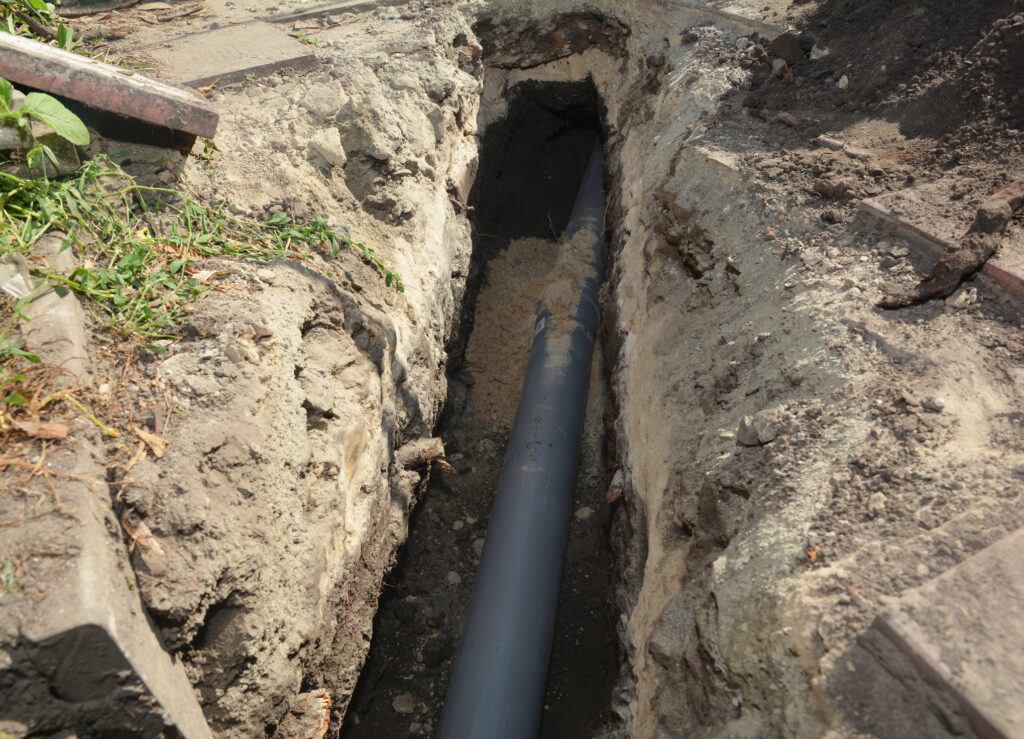How to Keep Your House From Getting Too Humid
Removing humidity from your home isn’t always that easy or convenient. The problem could be linked to poor ventilation, inadequate insulation, household appliances, or even a faulty construction that leads to condensation and dampness. The worst-case scenario is mold growing in your house and causing illness. However, you can take some steps to remove the unwanted dampness in your home.
How Can I Tell If My Home Is Too Humid?
If you’re concerned that your home is too humid, you should consider buying a hygrometer. They are relatively inexpensive and easy to use. When looking for a hygrometer, try to find one that has a built-in thermometer and temperature display gauge. This way, you can see how much humidity is in your home at any given time in relation to the temperature, which will help determine if there might be a problem with drafts or poor insulation.
What Is the Ideal Indoor Humidity Level in Summer?
Humidity measures the total amount of water vapor in the air at any temperature and pressure. The dew point is the temperature at which air with a specific moisture content becomes saturated. The difference between the two points is called relative humidity, and it measures how close the air is to saturation. A comfortable indoor humidity level should be between 25% and 50%, although more moisture is usually desirable during cold weather.
Both too much humidity and too little humidity can affect your health. Humidity levels that are too high or low can cause various symptoms, including nosebleeds, rashes, and chapped skin. If you feel that the humidity level in your home is either too high or low, you should take steps to improve it.
1. Utilize Fans
If you’re trying to get rid of humidity in your home, one of the best ways to do so is by utilizing fans. Fans are inexpensive and easy to install, so they’re a great option if you’re looking for an easy way to reduce moisture levels in your home without investing in expensive equipment or hiring an expert.
Fans can be used to remove moisture from the air. You can set up an oscillating fan near windows or doors where there’s a lot of fresh air coming into your home. This will help distribute it throughout your house while pulling out moisture. If you don’t have central heating or cooling but still want some help circulating that wet air out of your residence, there’s no reason why you shouldn’t try setting up a few smaller fans around your home.
2. Proper Ventilation
It’s essential to have proper ventilation in your house so that the air can flow freely and humid air doesn’t stay trapped in the home. This is especially true in rooms like the kitchen and bathroom, where moisture builds up quickly. You don’t want to leave doors or windows open while you’re cooking or showering, but you want to make sure that there’s a good amount of ventilation going on when those things are happening.
3. Leave the Firewood Outside
If your home is feeling stuffy and humid, the first thing to do is remove some of the humidity from the air. You can leave your firewood outside for a few days before bringing it inside to burn. Firewood absorbs moisture from the air around it, so when you bring it in for use in your fireplace or wood stove, the moisture will be released into your home’s air as steam.
4. Cover Your Indoor Plant’s Soil
One of the easiest ways to remove humidity in your home is by covering your indoor plant’s soil. This will help prevent excess moisture from building up on the leaves and stem of your plant, which can lead to mold and mildew growth.
All you need to cover your plant’s soil is the lid from a recycled plastic container. Cut holes in the bottom of the lid, put a wide slit in one side, and place it over your plant’s soil. Ensure that there is enough room for air to circulate so that water does not become stagnant under the plastic.
5. Change the Carpet
When it comes to removing humidity in your home, one of the most effective strategies is to change the carpet. Your carpet acts as a sponge for moisture, so if you have hardwood floors with an area rug on top of them, that’s not helping. If you want to get rid of excess moisture in your home, try replacing your carpeting with hardwood floors or another type of flooring that doesn’t absorb water.
6. Waterproof Basement Walls
Waterproof basement walls are a must-have for houses with basements. If you have a leaky basement, it can cause significant damage to your home, and it’s not just about the water that gets in through the walls and floors. Humidity can build up in your basement, causing mold and mildew to grow, so waterproofing is essential.
7. Dehumidifier
If you’re looking to reduce humidity in your home, a dehumidifier is an easy way to do it. This device works by removing excess moisture from the air, reducing the moisture level in your home, and preventing mold from growing. It’s essential to remember that these devices don’t remove 100% of the humidity. They reduce it.
If you’re using a portable dehumidifier, don’t place it near heating appliances or vents; they can cause fires. Water can leak into the unit’s electrical compartment posing a fire risk. Also, ensure there’s enough space around the unit for it to work correctly; it should be able to pull air into its reservoir without obstruction. If possible, set up your unit so that its hose leads outside rather than inside, allowing for more effective drainage of excess water collected by the machine.
8. Air Conditioning Unit
The air conditioning unit is one of the essential appliances in your home. If you have an air conditioning unit, it’s necessary to make sure it’s working correctly and that it isn’t causing too much humidity in your home.
Check the filters on your air conditioner regularly. If they’re dirty, replace them right away. This will help reduce how much water vapor your AC system releases into the air.
Clean out any standing water around the AC unit. This will prevent mold from growing inside, where it can cause health problems for family members who might breathe in spores or other particles released into the environment.
Contact Competent HVAC Technicians
The best way to reduce humidity in your home is by contacting a professional HVAC maintenance company. Our experts at Blue Bear Plumbing, Heating & Air are available to help you remove excess moisture from your air ducts and to check and clean the vents in your home. Our services include installation, repair, and maintenance of air conditioning, heating, and indoor air quality equipment, plus duct repair and installation. We also offer a complete line of plumbing services, including water heaters and boilers.
Since 2017, Blue Bear Plumbing, Heating & Air has been the HVAC and plumbing resource locals have relied on for exceptional results. We’re located in Pembroke, and we serve clients from Boston to Cape Cod. We’re certified by OSHA and the EPA and accredited by the BBB with an A+ rating.
If you’d like to discuss having a whole-house dehumidifier installed, we can accommodate you. Call us today and arrange a consultation.
Contact Us Today

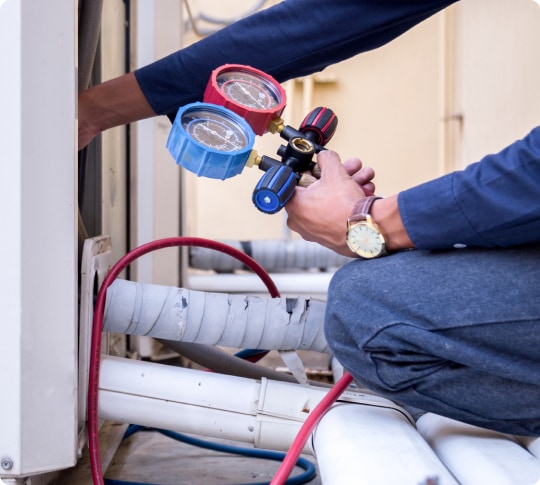
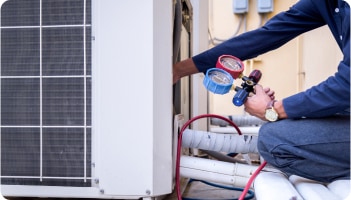
Routine maintenance is vital for the longevity of your plumbing, heating, and air conditioning systems. Sign up for our Blue Care Maintenance Plan for annual service and exclusive membership benefits, including:
- Priority scheduling
- Waived service fee during normal business hours
- 10% discount on service calls
- 3% discount on new installations
- Two-year parts and labor warranty on new equipment




